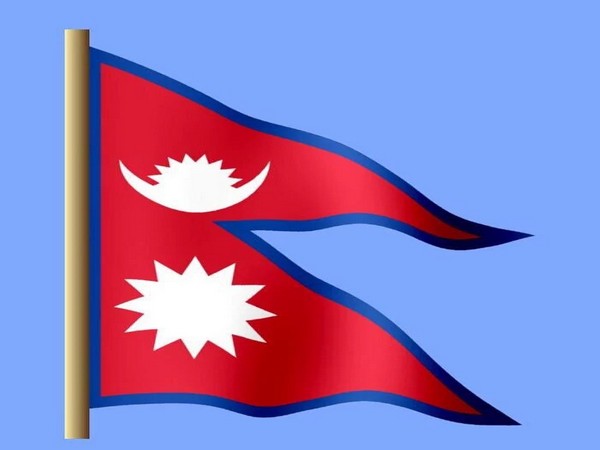Devotees throng Nepal's Bagmati riverbank to observe 'Kushe Aunsi', traditional Father's Day
On the occasion of Kushe Aunsi on Saturday, which is commonly known as Father's Day, thousands of devotees gathered on the embankments of the Bagmati River which flows past the Gokarneshwor Temple on the outskirts of Nepal's capital city Kathmandu.

- Country:
- Nepal
On the occasion of Kushe Aunsi on Saturday, which is commonly known as Father's Day, thousands of devotees gathered on the embankments of the Bagmati River which flows past the Gokarneshwor Temple on the outskirts of Nepal's capital city Kathmandu. Local authorities had kept devotees away from the riverbed, which was shut off for the public following the onset of the COVID pandemic in 2020.
A large fair was organized on the embankment with devotees performing rituals of 'Shraadh' (sacred rituals in memory of the departed ancestors) by draping themselves in white non-stitched muslin cloth commonly called Dhoti after taking dips in the Bagmati River. "I took a bath in the river and then make offerings to the departed souls. After this, I donated alms to priests and went to the temple to worship," Ram Kaji Shrestha, a devotee who arrived from Bhaktapur to perform the rituals told ANI.
On this day, which is also as the day of Gokarna Aunshi, children feed their fathers with delicious food items including sweets and show reverence. As per the religious belief of 'Pitridevo Bhava' (respect to ancestors), children receive blessing from their fathers and those, whose fathers have passed away can perform the 'Shradh' the holy ritual at any pilgrimage site.
It is believed that performing the ritual will help to keep their lineage stable forever. "On Kuse Aunsi, distributing alms at Gokarneshwor by those who have lost their fathers and mothers would give salvation to the departed souls. Performing 'Shraadh' here would show the way for them to overcome all obstacles that may arise on their way to heaven," Beli Nepali, another devotee who assisted her husband in performing the ritual told ANI.
It is also believed those who lost their fathers would be able to see the deceased in the river on the day of Kushe Aunsi. Apart from it, Hindus in the country collect Kush, a holy grass used while performing various religious rituals.
According to belief keeping Kush collected by priests and anointed with sacred verses or mantras in the house brings well-being to the household. The Hindu community regards Kush, Tulasi (basil plant), Peepal and Shaligram (ammonite stone) as the symbols of Lord Vishnu. (ANI)
(This story has not been edited by Devdiscourse staff and is auto-generated from a syndicated feed.)
ALSO READ
Delhi Police Rescue Kidnapped Minor From Indo-Nepal Border, Arrest Five
Nepal Inks USD 12.36M Deal for Cross-Border Electricity Transmission Line
6-Year-Old Girl Rescued from Indo-Nepal Border After Ransom Kidnapping
Nepali Congress Leader Pushes for New Generation PM
Prime Minister Oli Declares No Possibility of Political Unrest in Nepal










